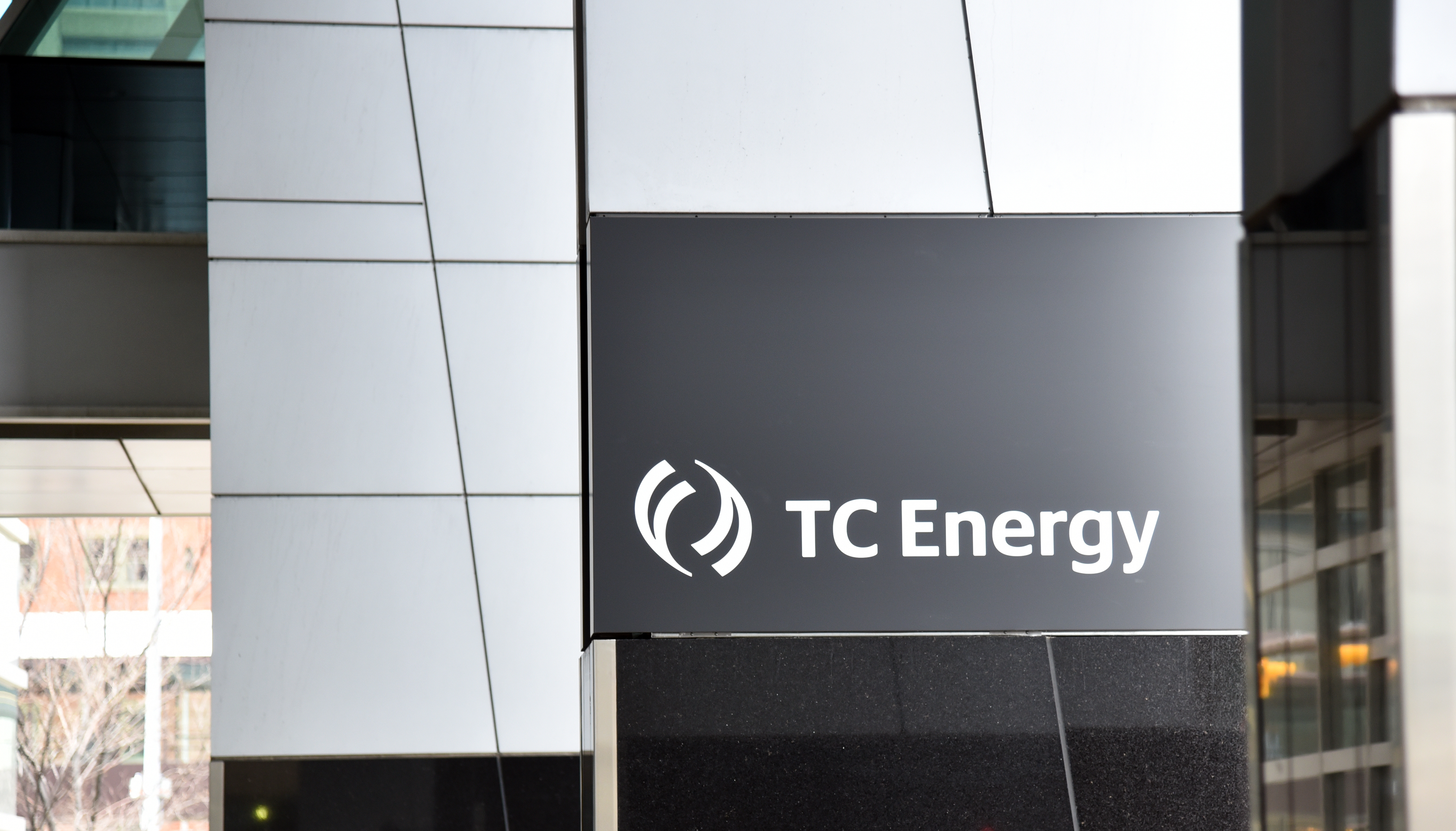TC Energy Restarts Segment of Keystone Pipeline Unaffected by Oil Spill
(Reuters) — Canada's TC Energy Corp. is resuming operations in a section of its Keystone pipeline a week after a leak of more than 14,000 barrels of oil in rural Kansas triggered the whole pipe's shutdown.
The company said in a statement on Wednesday that it had given notice to regulators and customers about the restart of pipeline sections unaffected by the incident. The segment of the pipeline where the incident occurred remains sealed off.
"This restart facilitates safe transportation of the energy that customers and North Americans rely on and extends from Hardisty, Alberta, to Wood River/Patoka, Illinois," TC Energy said.
The 622,000 barrels per day (bbl/d) pipe has been shut since Dec. 7, when the leak was discovered. Oil sprayed nearby pastures and leaked into Mill Creek before being shut by operator TC Energy.
More than 300 people are involved in the clean-up. The timeline for the full restart of the pipeline remained uncertain, and neither a root cause failure analysis nor a full restart plan had been submitted, the U.S. Pipeline and Hazardous Materials Safety Administration (PHMSA) said.
Keystone is a crucial artery shipping Canadian crude to U.S. refineries and traders have been awaiting news of when it might restart operations. The spill is the largest in nearly a decade and the clean-up operation is expected to take weeks.
The spill occurred in Washington County, Kansas, about 20 miles (32 km) south of a junction in Steele City, Nebraska, where Keystone splits into two. Market players had speculated that TC Energy might first restart the leg of the pipeline that delivers to Patoka, Illinois.
Canadian crude prices have been relatively steady since Keystone shut down because of ample spare capacity in Alberta storage hubs, but the discount on Western Canada Select (WCS), the benchmark heavy grade, has started to creep wider as the outage drags on.
WCS for January delivery in Hardisty, Alberta, settled around $29 a barrel below U.S. crude on Tuesday, from a discount of around $27 a barrel before the leak. WCS for December delivery traded at $31.40 a barrel below U.S. crude on Wednesday, according to a Calgary broker.
WCS traded at Gulf Coast also firmed to a discount of $10.50 to U.S. crude, from minus $13 on Tuesday.
In the short term, more Canadian oil will go into storage, as alternative transportation options are limited, said Matt Murphy, director of energy research at TPH & Co.
Moving crude by rail requires a long lead time and the Enbridge Inc ENB.TO Mainline system is running at nearly full capacity this month, Murphy said.
The Mainline moves 3.1 million bbl/d of Canadian crude to refineries in the U.S. Midwest and eastern Canada. Enbridge will ration December deliveries by the most since last winter, according to company data.
Related News
Related News

- Kinder Morgan Proposes 290-Mile Gas Pipeline Expansion Spanning Three States
- Valero Plans to Shut California Refinery, Takes $1.1 Billion Hit
- Three Killed, Two Injured in Accident at LNG Construction Site in Texas
- Tallgrass to Build New Permian-to-Rockies Pipeline, Targets 2028 Startup with 2.4 Bcf Capacity
- TC Energy Approves $900 Million Northwoods Pipeline Expansion for U.S. Midwest
- U.S. Pipeline Expansion to Add 99 Bcf/d, Mostly for LNG Export, Report Finds
- Enbridge Adds Turboexpanders at Pipeline Sites to Power Data Centers in Canada, Pennsylvania
- Great Basin Gas Expansion Draws Strong Shipper Demand in Northern Nevada
- Cheniere Seeks FERC Approval to Expand Sabine Pass LNG Facility
- Heath Consultants Exits Locate Business to Expand Methane Leak Detection Portfolio





Comments